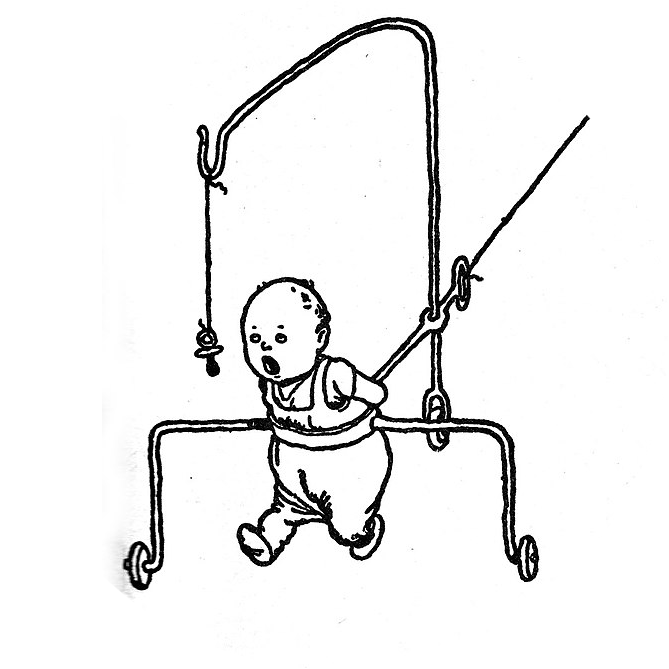

Oh yeah, I’m not always great at getting to smaller indie games, but this was such a charming one! Very cute


Oh yeah, I’m not always great at getting to smaller indie games, but this was such a charming one! Very cute


Hey, I get that reference!

Yeah, in the same boat. I thought they needed to stick with him because of advantage incumbents have, and I didn’t think we had time to promote a new candidate. Very happy to be wrong about that! I don’t care about the change, I’m just happy to go with whoever has the best chance at winning
Beauro of Paranormal Research and Defense. As the other poster said, the org Hellboy belongs to


I still believe why gaming community should require the name of the game in the title of the post


Haha, thanks for the civil discussion too. Fair enough about the outsourcing. Have a great one


Yes? Or at least ish. I mean, I agree they probably do some outsourcing, but I don’t think they’d need to do much
They probably don’t need much of a sales or marketing team, so that cuts down on people a lot. They have a flat hierarchy, so that means no middle management. They don’t really have large customers, just a bunch of individuals, so they don’t need customer success managers to manage relationships. HR would probably be run for all Valve employees, so it’s not like they have HR employees JUST for the Steam team. Same goes for internal IT and infrastructure, so they probably aren’t part of the 100. Probably same with legal. On top of that, IT, infra, and legal teams aren’t usually all that big anyway. Like, decent chance that’s ~10 people. Not saying it’s a direct comparison, but I work at a company of ~200. We’ve got like, 2 legal people, 3 IT people, and 5 infra people. So yeah, ~10 seems reasonable given their size. That means the 100 can be focused almost entirely on development and support.
On top of that, there’s a good chance they don’t actually host a lot of their servers and DBs themselves, so they pay external vendors. I wouldn’t really count paying external vendors “outsourcing”, but I guess you could kinda make that argument. Same goes for translation/i18n - they’re probably external vendors, but I wouldn’t call that outsourcing. Same with a number of other services like that.
While there are plenty of things that change over time with Steam, the core platform is pretty stable and unchanging. So they probably have a core group of developers working on new features, and a decent chunk of people on things like vendor and hardware partnerships and support. Beyond that, they probably don’t need a whole ton else.
And then yeah, there’s probably some outsourcing - I’d imagine that’s the case for customer support, maybe one or two other things. I agree they probably have some, but it’s not like they’d have hundreds of outsourced jobs. Probably a few dozen.
One employee per every two countries?! Figure it out.
This is a terrible way of thinking about it. Again, I work at a company of ~200. Not saying it’s a direct comparison, but it’s close enough. You know what we do when we need to support some additional languages/regions? Maybe update some code if there’s something unique about the language or region, and then we… Pay our translation service some extra. That’s about it. We don’t need to hire more employees for every single country we support, just pay a vendor some more money. And yeah, if it becomes a popular region, there’s some more things you have to do. You probably hire a small team to handle management/business/partnerships in that region, but as I mentioned about, Valve probably doesn’t have a ton of need for middle management and business people. So they can get by with even less. Then there’s support and IT, so yeah, probably need a few people there and outsourcing for support. But like, that’s a few people for a whole region, like the entire EU. You don’t need to hire more people for every single country in the EU.
Not trying to say you’re entirely off the mark, but you don’t scale linearly as you grow. If you are a small startup of 50 people, maybe you have one or two HR people. That doesn’t mean you hire one or two more for every 50 employees. You wait until you have 200, then hire one or two more. Then at 500 you hire one or two more, etc etc. Between that, Valve’s unique internal structure, the fact that the Steam team is probably supported by Valve’s employees, paying vendors for services you don’t want to run internally, then yeah, they probably don’t need to outsource too much.


A mouse dreaming of a house


Damnit, why does it have Saudi Arabia, and not somewhere I’d actually travel…


Yeah, at this point we need a big push on energy storage and transportation. It’s exciting to see headlines that some country just generated 200% of their electrical needs for a week from renewables, but unless you can actually store that energy and move it where it’s needed, it mostly goes to waste
There was a guy I knew in gradeschool whose name was Richard. Bullies would call him “Bitch Turd”. Gotta admit that’s pretty creative


It’s Gregnant


Shhhhh, if you don’t say it, it can’t happen
As somebody looking at Lemmy to distract myself from the insane amount of things I have to get done at work, this is too relatable